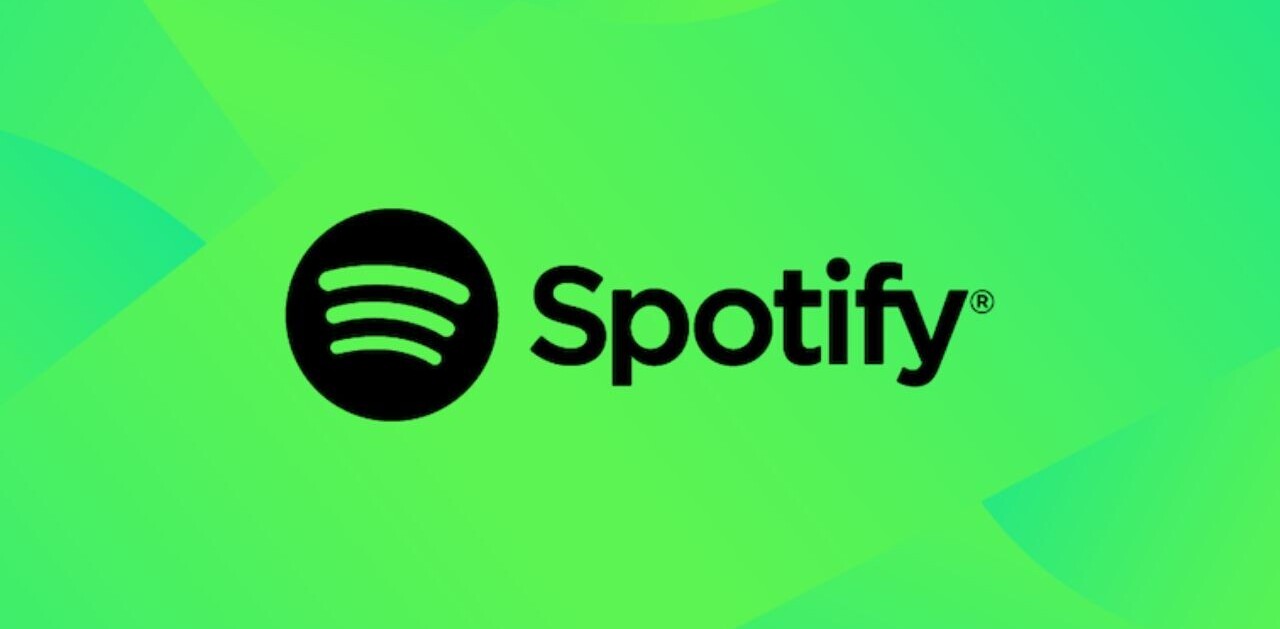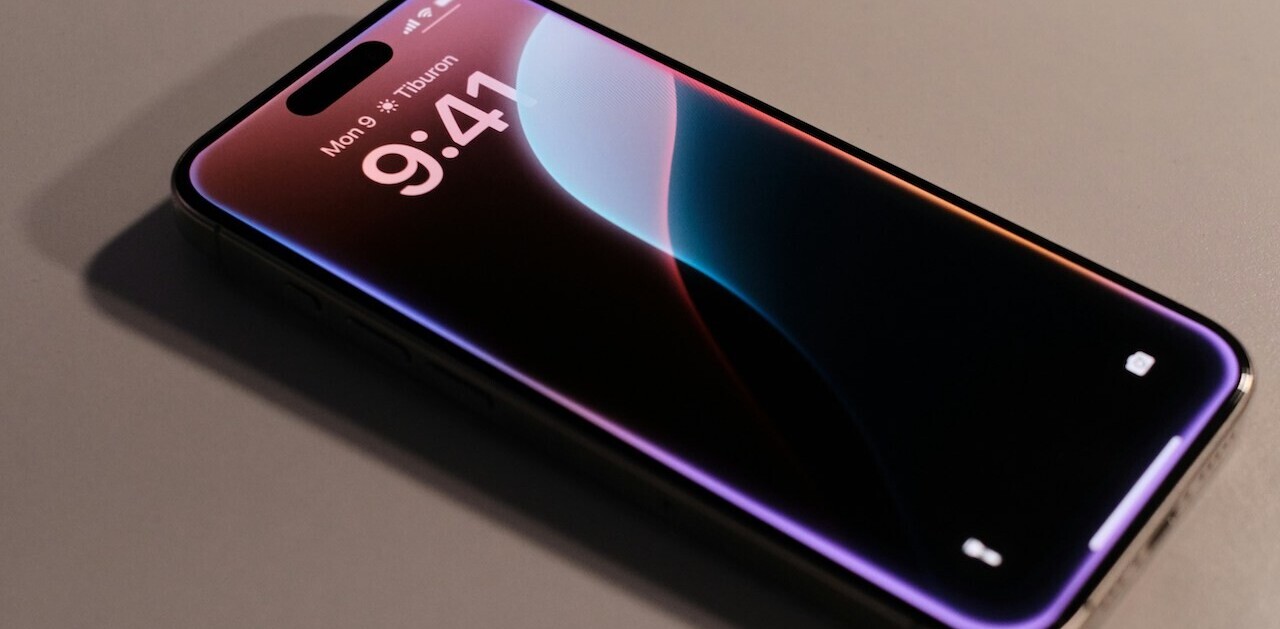
Apple and Google have been working hard to become the conduit through which you access all of your data. This process has involved replacing the desktop machine with ‘the cloud’ as a repository for all of your information.
In the process, these companies are waging a war for you. Not just for your patronage for their services, or as a customer for their devices. No, they want you to pledge your data loyalty to them exclusively.
They are looking to do this by helping you to embed your life so thoroughly into their respective systems that you become locked in, unwilling or unable to leave without a great expenditure of time, effort and money.
This war stands to get more intense as data lockin becomes a real metric by which observers and the companies themselves measure success.
The Cloud
The cloud is nothing new. The basic concepts of storing files in a remote location that can be accessed anywhere are as old as the internet. But the modern application of this technology, by companies like Apple and Google, is more aggressive than ever before.
The biggest reason for this is the shift from stationary to mobile computing. Products like Dropbox have proliferated by riding the frothy wave of the move away from the towers and boxes that sat on our desks, to the ever more powerful and portable laptop.
But a second, and overlapping, shift is underway. People are leaving their laptops behind for tablet computers and smartphones. These devices are insanely powerful when compared to even the laptops of a decade ago and feature a set of key benefits, as well as limitations.
The most important catalyst for this change was the availability of an always-on data connection. The expansion and near-ubiquity of data networks is the platform that has allowed smartphones to become our constant and necessary companions.
On the other side of the coin, we have the limitations of storage. Yes, these smartphones are robust compared to computers of a few years ago, but their storage capacities are nowhere near what is available on a desktop computer. This makes choosing what to bring and what to leave behind a massive headache, and something that many people will never bother to do.
Enter the cloud. A small, portable and connected device, with limited onboard storage makes the ideal companion for a system that allows all data to be hosted and facilitated by a service that allows you access to it from wherever you are.
The cloud has been shoved to the forefront of the struggle between Apple and Google because of the rise of smartphones and tablets. It would still exist without them, but now it has taken on a new meaning and has become the biggest battleground in this conflict.
A gateway drug
In fact, it can be argued that these clouds, each curated by a different company, provide the real value, not the phones or tablets. The devices are just the gateway drug, the cloud is the addiction.
The importance that is attached to this by these companies is illustrated when you compare the introduction of the first iPhone to the introduction of the iPhone 4S.
The first iPhone was introduced by Steve Jobs as three devices in one.
- An iPod
- A phone
- An internet mobile communicator
If you watch the original announcement, which I highly recommend, as it is the gold standard of product introductions, you’ll notice that the first got some applause, the second almost brought the house down and the third was barely acknowledged.
If the iPhone were being introduced today, which of those three do you think would be the most important, the most emphasized?
Well, we don’t have to speculate, because the announcement of the iPhone 4S told us everything we needed to know when 70% of the event was devoted to iCloud and its various services.
http://www.youtube.com/watch?feature=iv&annotation_id=annotation_897070&src_vid=epFjrMm3a_0&v=j_ilKF3uTJI
Apple is heavily invested into iCloud because it realizes that the best way to gain a customer for life is to become the one way that they access their most important data.
Google rallies the troops
Although Apple has been flirting with the cloud for a while, with varying levels of failure, Google has built its entire business off of offering internet services that are based on storing customer data on its servers.
With the massive storage afforded Gmail users, Google invited them to simply archive their email, breaking the decade-old habit of deleting email due to a lack of space. This effectively creates an archive of your life from the day you signed up for Gmail until now.
Receipts, conversations, references, even files emailed to yourself in a crude approximation of what services like Dropbox do, all available to you with a quick Google search. This is the power of Gmail, not the fact that it’s a decent and normally reliable email system.
Google Docs, while still trailing Microsoft’s Office juggernaut, are also quickly becoming indispensible collaboration tools and its Google Apps offerings are almost always the default choice for startups and websites of all sorts.
These are great infrastructural services, but they aren’t all that smartphone consumer-facing. This is why a concentration on building out services that appeal to the mobile device user, and encourage them to make a heavy investment in Google for their data storage and serving are the next big focus for Google.
To this end, Google has been focusing on initiatives like Google Music and integration of Google+ into every product it makes. These are the things that an Android phone user will see as a benefit and figure that they should try out,
Google services, including Gmail, Google Music, Google+ and Google Docs are all part of its strategy to incur user loyalty. When the services are efficient and enjoyable to use, they get people in the door.
But once the data is there, once people have made a commitment to Google’s cloud, the services exist to create the lockin it needs to retain those customers beyond the life of their current device.
If you’ve got all of your music, movies, documents and more wrapped up in a cloud that is seamlessly integrated across your device, then you are less likely to jump ship to another system.
Google Music vs. iTunes Match
This concept is why it’s so silly to compare Google’s recently launched Music service with Apple’s iTunes Match.
These services aren’t competing with each other, they’re designed as a hook to get the user more deeply invested in the platform. And they stand a really good chance of doing so. Once you’ve got seamless access to your music from anywhere you want, without having to ever sync it, it’s fairly addictive.
After using iCloud for nearly 5 months, including the beta period, I can tell you that I think much less about where items are synced and what devices I pick up to use for certain things.
This has become especially evident over the past weeks as developers have begun releasing updates to their apps that take advantage of Apple’s CoreData syncing, making preferences, game progress, documents and other items transfer seamlessly to all iOS devices.
iTunes Match has only enhanced this cozy feeling of your data being taken care of for you. Sure, there are rough patches still, both in iTunes Match and iCloud at large, but by and large it just works.
Once users come to expect their music and application states to be seamlessly available across all of their devices, it will become unfathomable that any device won’t work this way. As this becomes a way of life when working with our devices, the concept of locking will become ever more valuable.
Every new smartphone user is essentially making a choice with the purchase of their first device that will chart the path of their operating system brand loyalty over years to come. And the cloud integrated services are just in their infancy.
Google vs. Apple will be decided in the cloud
Apple’s heavy investment in iCloud is its statement that the battle for customers will be won or lost in the cloud. Google, although effectively popularizing many cloud services for the first time, is playing a bit of catchup here.
It has yet to brand its cloud services under one name, although it is making attempts to do so with Google+. Pretty soon I feel we will see Google+ Docs, Google+ Music, Google+ Everything. The social layer is one more piece of lockin that Google is anxious to leverage, rather than succumbing to an external layer like Facebook.
That isn’t to say that it is completely ‘advantage Apple’ at the moment though. Google excels at single sign-on services and the Google ID has proven to be an excellent way to insta-personalize Android devices. If you ditch an old Android phone and grab a new one, you can be up and running in minutes, provided that you are invested in Google’s cloud of course.
Apple’s ‘PC-free’ improvements to the iPhone and iPad with iOS 5 are its answer to a seamless transition from one device to another, using the cloud. Beginning with iOS 5, it became possible to drop an iPhone in a river, walk into an Apple Store and be up and running with your essential information in minutes and a fully restored device within an hour.
These conveniences are all due to the cloud, and are completely incompatible with the opposing system. Switching customers are effectively starting over from scratch unless they put forth the effort to collate, download and re-upload their data from their current cloud.
This is something that we will see people less and less willing to do as the cloud experience gets better and more seamless. The increasing ‘stickyness’ will benefit whichever system got its hooks in first.
Different games
Google knows that the only way that Android is going to survive is by a superiority of numbers. By doing that, it is playing a completely different game than Apple, which is after profitability first, rather than market share.
This is the fact that is overlooked by most of the people writing “Android is Winning” or “Apple is Winning” pieces.
Apple is a hardware company that makes an insane amount of profit on its devices, which run its OS. Google is an OS company that has traded any amount of profit it might have made on Android for sheer market share of eyeballs.
Since Google makes its money almost entirely off of ads delivered through its services, this appears to be a reasonable plan of attack, at least for now. It remains to be seen if the strategy of making $10 per Android user, per year, is viable, but it is being pursued with vigor.
For Google, the eyes on its ads are the most important thing. Locking those eyes into its system is a matter of life and death on its chosen battlefield. This is where its goals overlap with Apple’s.
Apple also wants users locked into its system, in order to leverage the halo effect to promote cross-sales of iPhones, iPads and Macs.
To this end, Apple is working hard to divorce itself from Google in order to cease contributing to its opposing platform. That divorce may be easier in some areas, like Siri, than it is in areas like the default search engine on iPhones and iPads.
I’ve been using Bing for the last several weeks in an effort to explore the possibilities I laid out in this article. While I found Bing pleasant to look at and well organized, it’s clear that Google’s search is still far superior to Microsoft’s. It will take a lot of work before I feel that Apple would be able to swap those two.
This is good for Google, because about 2/3 of search queries it serves in mobile are done via Apple hardware.
Conclusion
The cloud is set as the battleground that will decide the fate of Google’s Android and Apple’s iOS as the dominant force in OS. It’s the shared piece of land that the two companies fight over, as they wage their own disparate battles in the profitability and market share spaces.
As each offering is improved and made more essential to your portable computing life, we should see the way that we use our devices getting less and less fiddly. Who knows what the future of this war will bring? Perhaps a culture of ‘pick up and use’ smartphones. Rented or ‘disposable’ devices that act as dumb terminals to our cloud data.
Regardless of the future impact, the lockin effects of the cloud are just beginning, and neither Apple or Google will give up your data without a fight.
Get the TNW newsletter
Get the most important tech news in your inbox each week.





